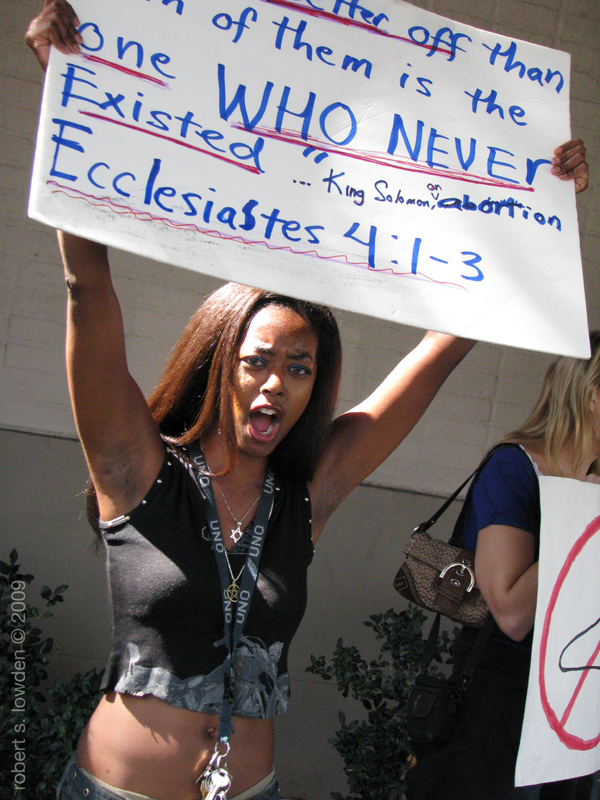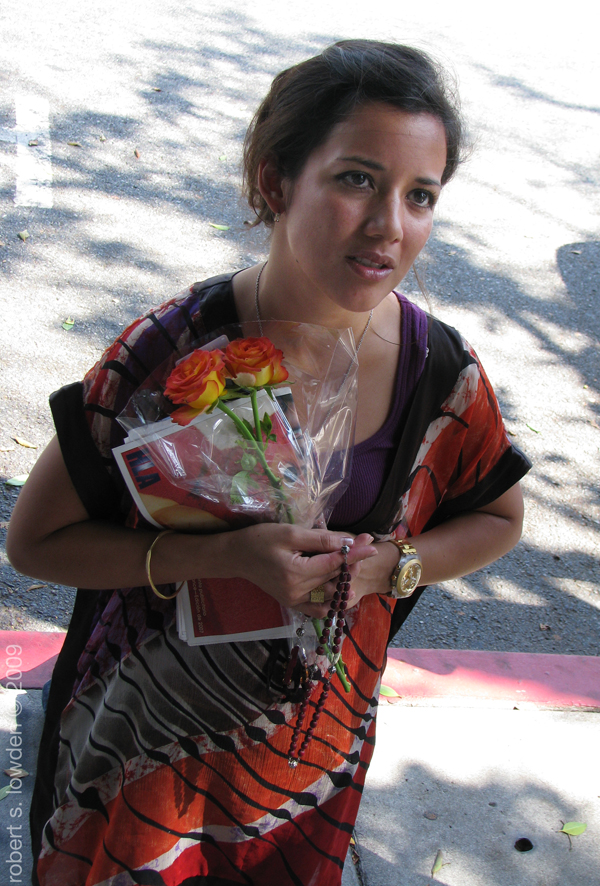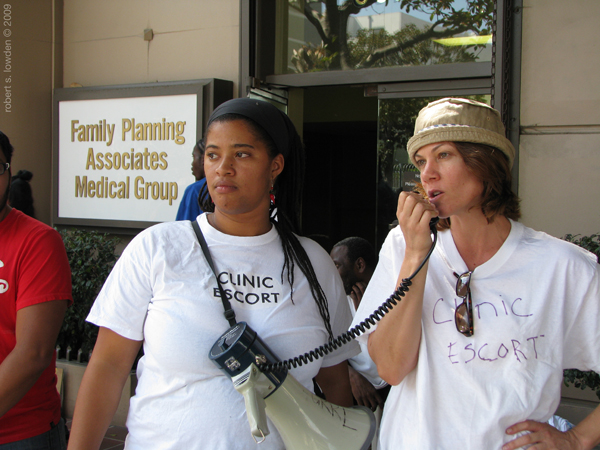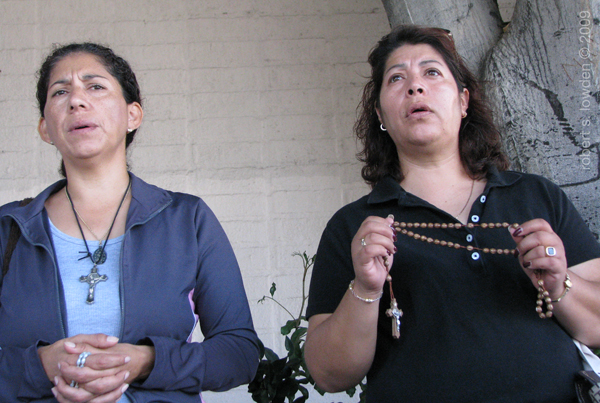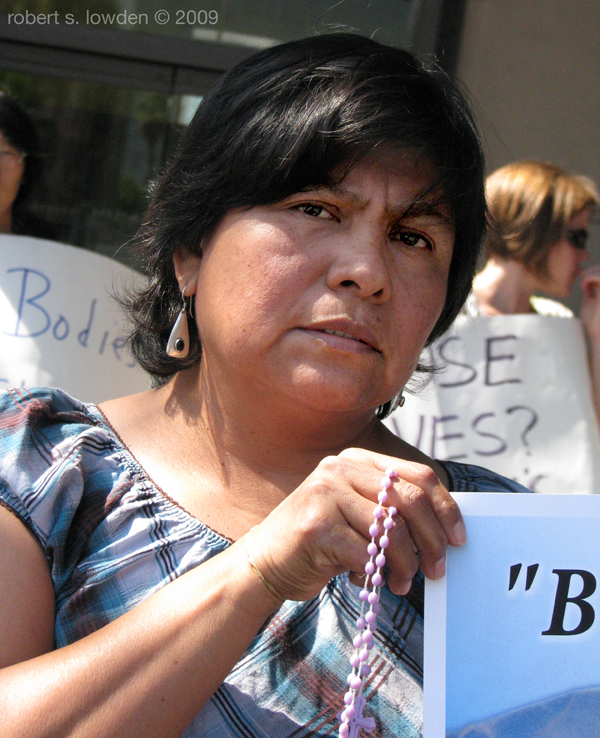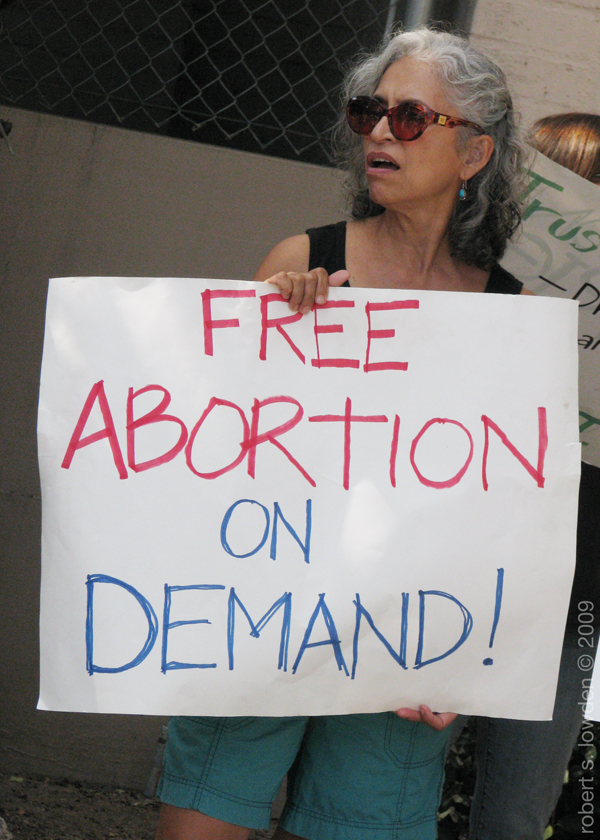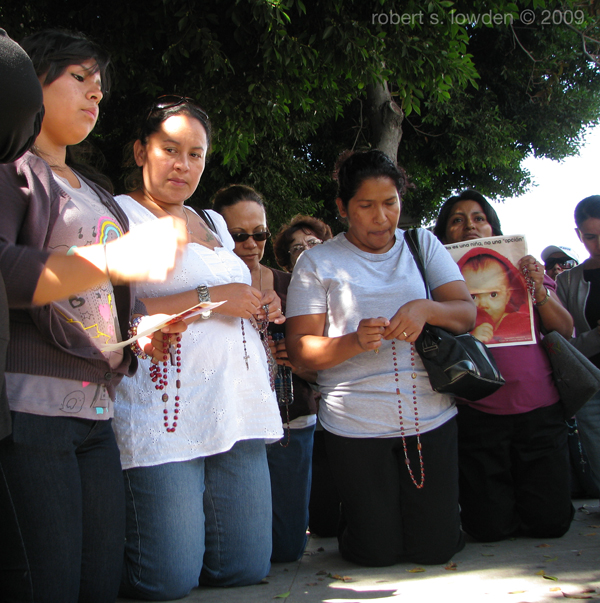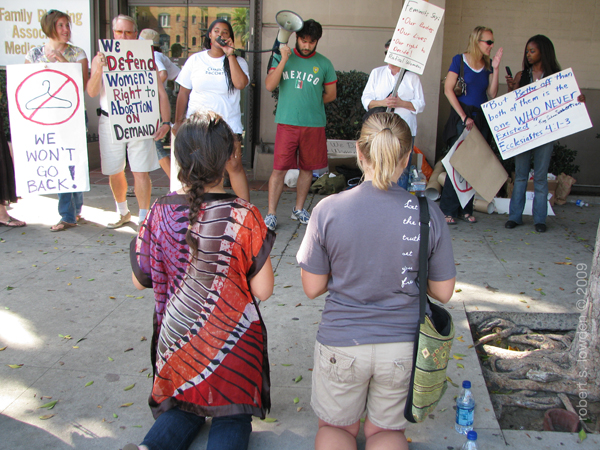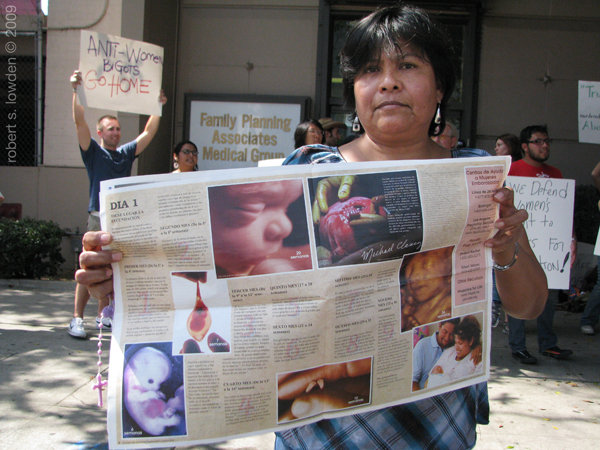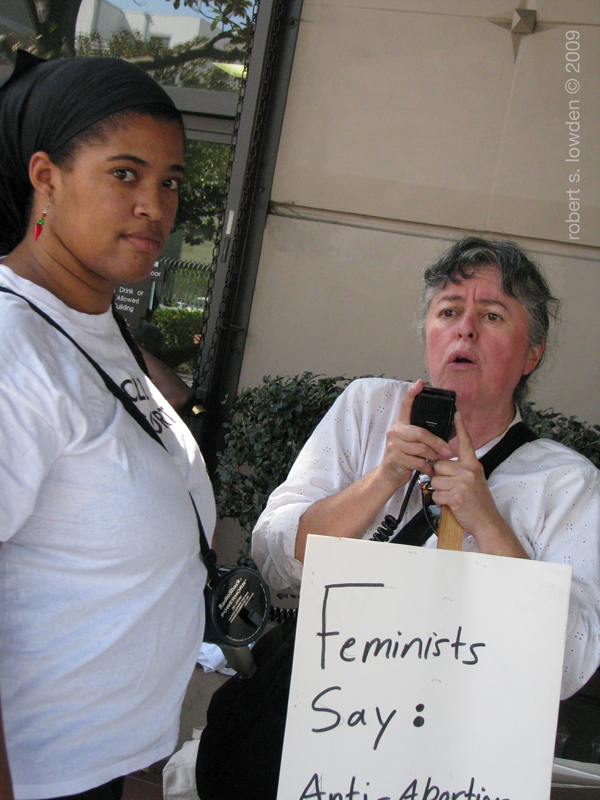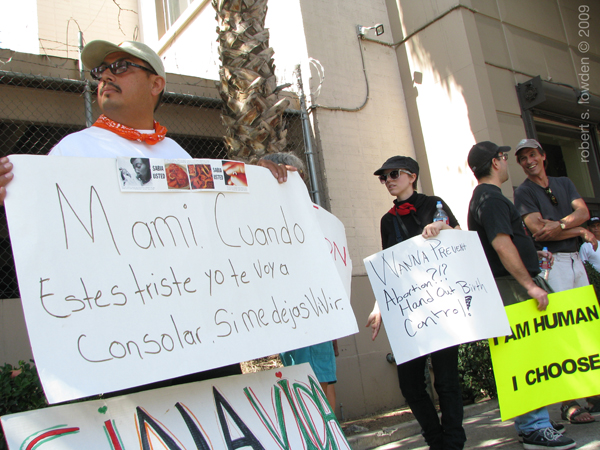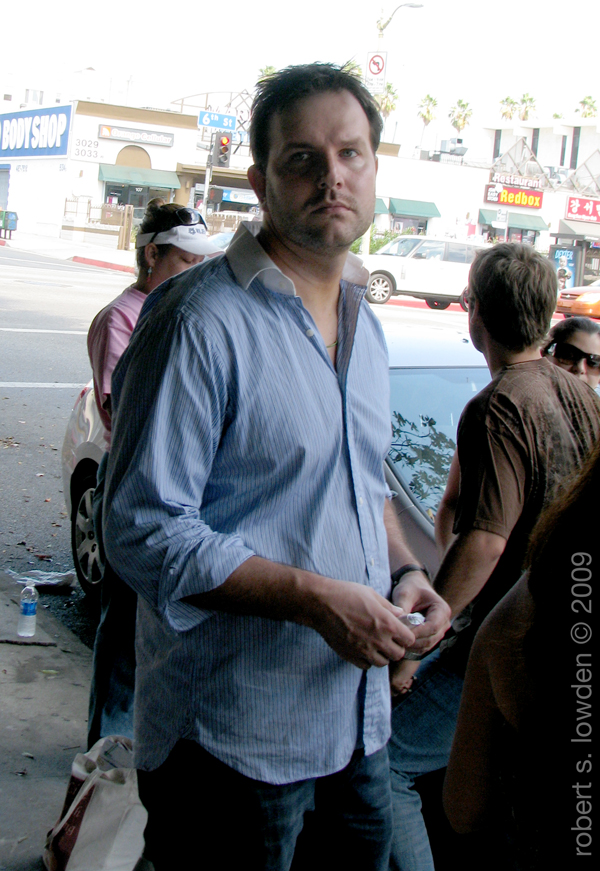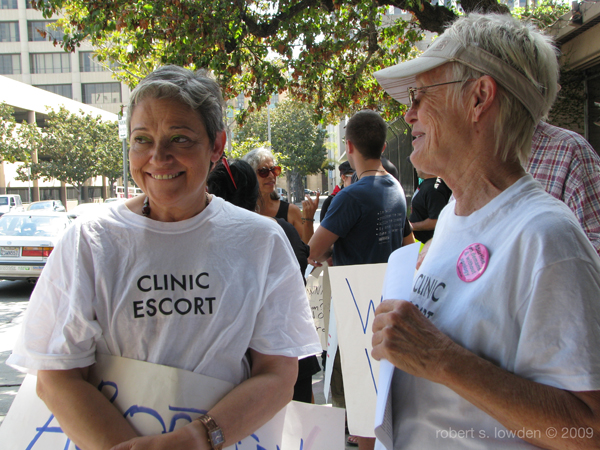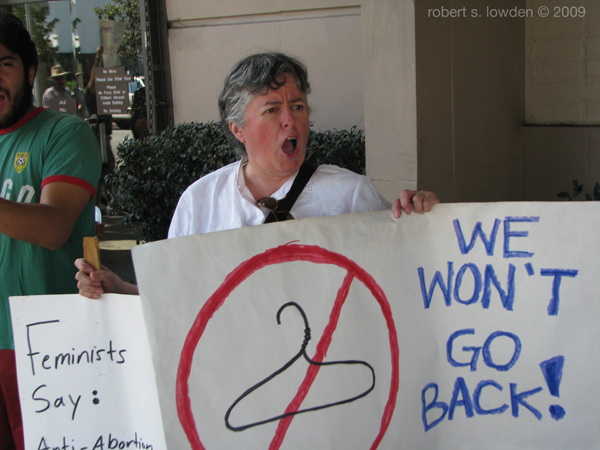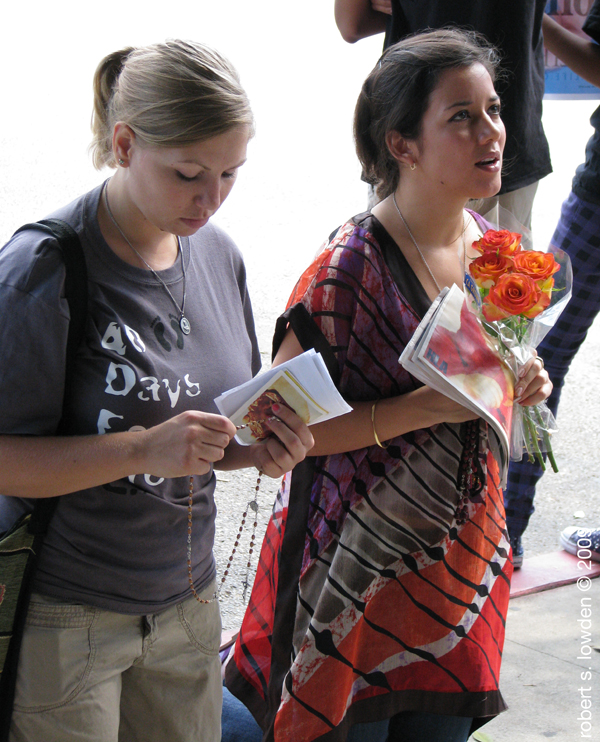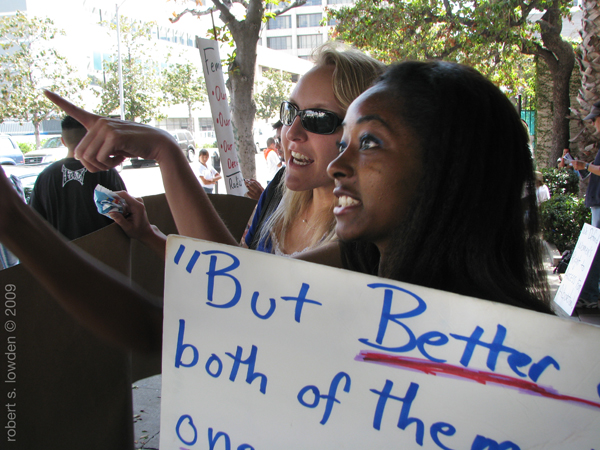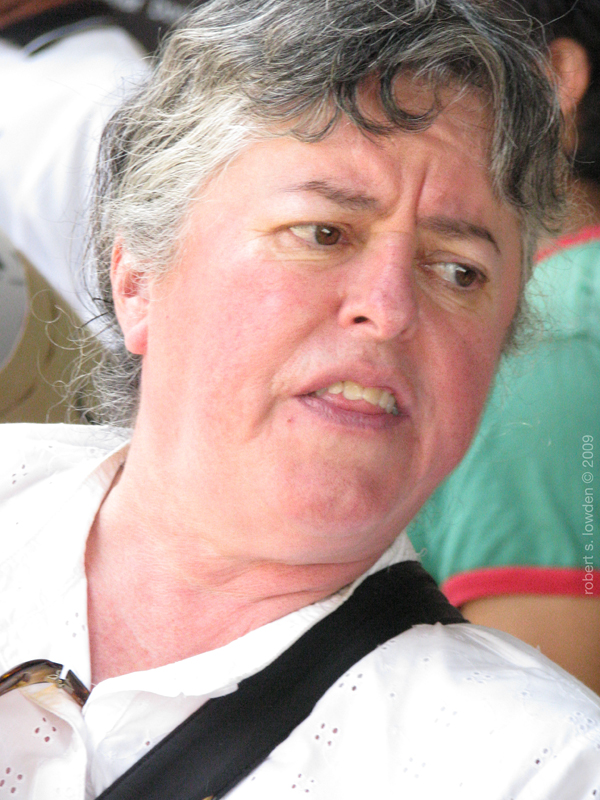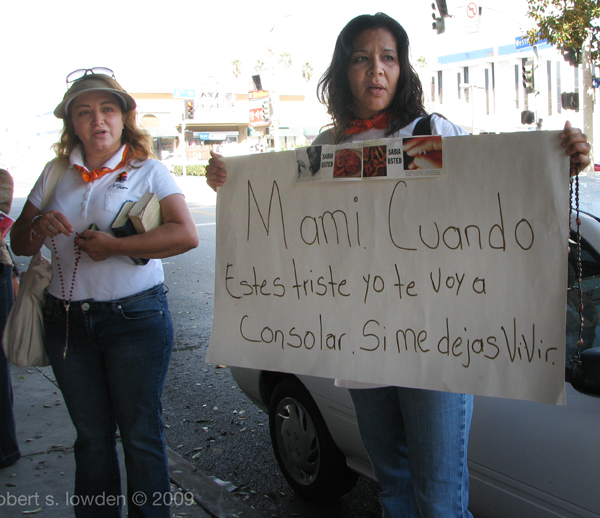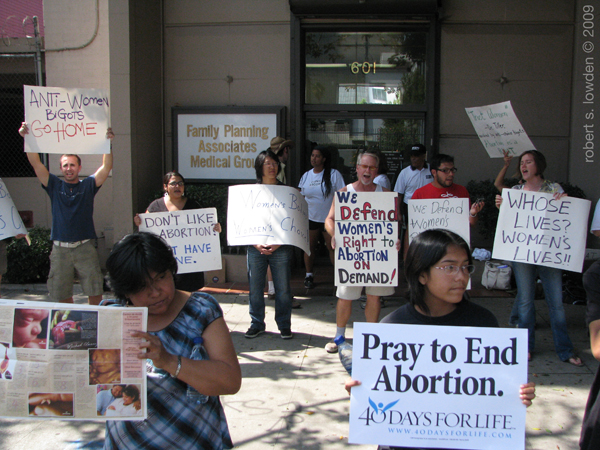| About Us | Contact Us | Calendar | Publish | RSS |
|---|
|
Features • latest news • best of news • syndication • commentary Feature Categories IMC Network:
Original Citieswww.indymedia.org africa: ambazonia canarias estrecho / madiaq kenya nigeria south africa canada: hamilton london, ontario maritimes montreal ontario ottawa quebec thunder bay vancouver victoria windsor winnipeg east asia: burma jakarta japan korea manila qc europe: abruzzo alacant andorra antwerpen armenia athens austria barcelona belarus belgium belgrade bristol brussels bulgaria calabria croatia cyprus emilia-romagna estrecho / madiaq euskal herria galiza germany grenoble hungary ireland istanbul italy la plana liege liguria lille linksunten lombardia london madrid malta marseille nantes napoli netherlands nice northern england norway oost-vlaanderen paris/Île-de-france patras piemonte poland portugal roma romania russia saint-petersburg scotland sverige switzerland thessaloniki torun toscana toulouse ukraine united kingdom valencia latin america: argentina bolivia chiapas chile chile sur cmi brasil colombia ecuador mexico peru puerto rico qollasuyu rosario santiago tijuana uruguay valparaiso venezuela venezuela oceania: adelaide aotearoa brisbane burma darwin jakarta manila melbourne perth qc sydney south asia: india mumbai united states: arizona arkansas asheville atlanta austin baltimore big muddy binghamton boston buffalo charlottesville chicago cleveland colorado columbus dc hawaii houston hudson mohawk kansas city la madison maine miami michigan milwaukee minneapolis/st. paul new hampshire new jersey new mexico new orleans north carolina north texas nyc oklahoma philadelphia pittsburgh portland richmond rochester rogue valley saint louis san diego san francisco san francisco bay area santa barbara santa cruz, ca sarasota seattle tampa bay tennessee urbana-champaign vermont western mass worcester west asia: armenia beirut israel palestine process: fbi/legal updates mailing lists process & imc docs tech volunteer projects: print radio satellite tv video regions: oceania united states topics: biotechSurviving Citieswww.indymedia.org africa: canada: quebec east asia: japan europe: athens barcelona belgium bristol brussels cyprus germany grenoble ireland istanbul lille linksunten nantes netherlands norway portugal united kingdom latin america: argentina cmi brasil rosario oceania: aotearoa united states: austin big muddy binghamton boston chicago columbus la michigan nyc portland rochester saint louis san diego san francisco bay area santa cruz, ca tennessee urbana-champaign worcester west asia: palestine process: fbi/legal updates process & imc docs projects: radio satellite tv |
printable version
- js reader version
- view hidden posts
- tags and related articles
View article without comments Pro-choice and Pro-Life Groups Clash at Family Planning Clinic; Police Interveneby Brian Elerding/ Photos:Robert Stuart Lowden Monday, Oct. 05, 2009 at 1:41 PMrlowden@earthlink.net Ongoing Clashes between Pro-Choice and Pro-Life groups make local Family Planning Clinic a battleground in the abortion rights debate
Crowds from both sides of the abortion rights debate met and exchanged words (and an elbow or two) outside the Family Planning Clinic on N. Westmoreland in Los Angeles on Saturday. Pro-Choicers made a line around the entrance, creating what organizer, Katie, called a “safe zone” for would-be patients at the clinic.
Pro-life activists stood and sang or knelt and prayed across the sidewalk and down the street, sometimes outnumbering the Pro-Choice contingent by 2 to 1. “The goal is to protect the clinic,” one Pro-Choice volunteer said, “we’re trying to keep it open, and the other side is trying to shut it down.” They’re trying to shut it down, she explained, by physically blocking the entrance to the building or meeting women at their cars and trying to deter them from going into the building. The conflict comes from a new push by a group called 40 Days For Life Los Angeles (FDFL), who are a religious group that has called for a presence at family planning clinics around the country. They have been met in Los Angeles by Pro-Choice activists, and both sides of the conflict admit it hasn’t been easy. One Pro-Choice activist told me a story that although they’ve been able to help escort many young women into the clinic without much trouble, there has been at least one young woman who went away in tears after being confronted by Pro-Life protesters. “We’re out here to pray,” FDFL organizer Jonathan Anthony said. “We’re here to pray for these people; for those people who work at abortion clinics; to pray for everybody.” Several Pro-Choice activists claim to have witnessed the FDFL group “accosting” young women going into the clinic, but Anthony counters that the group is there to offer counseling, not hate. When asked if one of the FDFL goals was to intimidate people in order to keep them from going into the clinic, he first said “a little bit, yes.” After a moment, he revised himself: “no, I don’t want to say it that way…Everybody wants to do good. We are trying to be the light in their lives; their hope in their lives.” He continued: “sometimes it looks like we are there to make them hurt or something, but they have to give thought to this decision.” Things turned physical at one point during the day when both a Pro-Choice and a Pro-Life activist were talking to the same young potential patient. The Pro-Choice activist accused the Pro-Life activist of assaulting her by using his elbow to violently push her out of the way. The altercation was brought to the attention of the police on the scene, and assault charges were filed against the man. This coming Saturday, the 40 Days For Life group will be marching from a church near MacArthur Park to the clinic at 601 N. Westmoreland to protest the clinic again. Organizers of the Pro-Choice movement are asking that people who wish to help bring signs and water, and show up as early as 8:00am to confront the march at around 10:00am. The vigil will likely last into the afternoon. LOCATION: 601 N. Westmoreland Ave, Los Angeles, 90004 DATE: Saturday, October 10th, starting at 8:00am until end
Report this post as:
40 Days Protesterby Brian Elerding/ Photos:Robert Stuart Lowden Monday, Oct. 05, 2009 at 1:41 PMrlowden@earthlink.net
error
Report this post as:
Pro Choice Protesterby Brian Elerding/ Photos:Robert Stuart Lowden Monday, Oct. 05, 2009 at 1:41 PMrlowden@earthlink.net
error
Report this post as:
40 Days Protestersby Brian Elerding/ Photos:Robert Stuart Lowden Monday, Oct. 05, 2009 at 1:41 PMrlowden@earthlink.net
error
Report this post as:
40 Days Protesterby Brian Elerding/ Photos:Robert Stuart Lowden Monday, Oct. 05, 2009 at 1:41 PMrlowden@earthlink.net
error
Report this post as:
Pro Choice Protesterby Brian Elerding/ Photos:Robert Stuart Lowden Monday, Oct. 05, 2009 at 1:41 PMrlowden@earthlink.net
error
Report this post as:
40 Days Protestersby Brian Elerding/ Photos:Robert Stuart Lowden Monday, Oct. 05, 2009 at 1:41 PMrlowden@earthlink.net
error
Report this post as:
Wide Shot 1by Brian Elerding/ Photos:Robert Stuart Lowden Monday, Oct. 05, 2009 at 1:41 PMrlowden@earthlink.net
error
Report this post as:
Wide Shot 2by Brian Elerding/ Photos:Robert Stuart Lowden Monday, Oct. 05, 2009 at 1:41 PMrlowden@earthlink.net
error
Report this post as:
Clinic Escortsby Brian Elerding/ Photos:Robert Stuart Lowden Monday, Oct. 05, 2009 at 1:41 PMrlowden@earthlink.net
error
Report this post as:
Wide Shot 3by Brian Elerding/ Photos:Robert Stuart Lowden Monday, Oct. 05, 2009 at 1:41 PMrlowden@earthlink.net
error
Report this post as:
40 Days Protesterby Brian Elerding/ Photos:Robert Stuart Lowden Monday, Oct. 05, 2009 at 1:41 PMrlowden@earthlink.net
error
Report this post as:
Clinic Escortsby Brian Elerding/ Photos:Robert Stuart Lowden Monday, Oct. 05, 2009 at 1:41 PMrlowden@earthlink.net
error
Report this post as:
Pro Choice Protesterby Brian Elerding/ Photos:Robert Stuart Lowden Monday, Oct. 05, 2009 at 1:41 PMrlowden@earthlink.net
error
Report this post as:
Pro Choice Protesterby Brian Elerding/ Photos:Robert Stuart Lowden Monday, Oct. 05, 2009 at 1:41 PMrlowden@earthlink.net
error
Report this post as:
40 Days Protestersby Brian Elerding/ Photos:Robert Stuart Lowden Monday, Oct. 05, 2009 at 1:41 PMrlowden@earthlink.net
error
Report this post as:
Pro Choice Protestersby Brian Elerding/ Photos:Robert Stuart Lowden Monday, Oct. 05, 2009 at 1:41 PMrlowden@earthlink.net
error
Report this post as:
Pro Choice Protester /Escortby Brian Elerding/ Photos:Robert Stuart Lowden Monday, Oct. 05, 2009 at 1:41 PMrlowden@earthlink.net
error
Report this post as:
40 Days Protestersby Brian Elerding/ Photos:Robert Stuart Lowden Monday, Oct. 05, 2009 at 1:41 PMrlowden@earthlink.net
error
Report this post as:
Wide Shot 4by Brian Elerding/ Photos:Robert Stuart Lowden Monday, Oct. 05, 2009 at 1:41 PMrlowden@earthlink.net
error
Report this post as:
Not Pro-Life- ANTI-CHOICEby Dnt Mrn Orgniz Monday, Oct. 05, 2009 at 5:33 PMThose people are not pro-life they are ANTI-CHOICE! They don't women to have abortions even when the women's life is at stake. Many of them support the War in Iraq and defend the Catholic churchs and the murders it has committed in the name of " life". We should not use their language because their words are full of deceit!
They are ANTI-CHOICE and ANTI-WOMAN. www.weknowwhatsup.blogspot.com
Report this post as:
They aren't really "pro-life"by info Monday, Oct. 05, 2009 at 7:13 PMIf you look at a short backgrounder I wrote, http://la.indymedia.org/news/2009/10/230792.php , you'll see that they're okay with death to some people. Some people are pro-life all the way from conception to opposing the death penalty - and I imagine some protesters were... but the leadership of the protest is strictly anti-abortion, or at least anti-publicly-funded-abortion. They might be okay with abortion if you can afford to pay for it yourself.
One of their leaders works for a right-wing research institution for intelligence and national security. That's spies, the CIA, and all that mess. That's not just death - that's like a big, secret death. Another guy worked for oil. Another is a right-wing pundit. The rest seem to be career religious anti-abortion activists. They were so into praying, too. They prayed more than any Muslims I've met. I think these events are their form of personal struggle to prove their devotion to god.
Report this post as:
Reliable sourceby Reliable source Thursday, Nov. 19, 2009 at 3:10 PMa reliable source has informed me that these anti-choice freak shows were organized under the auspices of the Knights of Columbus
Report this post as:
abortion DOES NOT cause distressby Abortion= no distress Thursday, Jan. 27, 2011 at 6:14 PMthis study indicates abortion DOES NOT cause distress
http://www.msnbc.msn.com/id/41280864/ns/health-mental_health/ By Alicia Chang updated 1/26/2011 5:21:58 PM ET LOS ANGELES— Having an abortion does not increase the risk of mental health problems, but having a baby does, one of the largest studies to compare the aftermath of both decisions suggests. The research by Danish scientists further debunks the notion that terminating a pregnancy can trigger mental illness and shows postpartum depression to be much more of a factor. Abortion in Denmark has been legal since 1973 — the same year the U.S. Supreme Court ruled on Roe v. Wade, which established a right to abortion. The Danish study included 365,550 teenagers and women who had an abortion or first-time delivery between 1995 and 2007. None had a history of psychiatric problems that required hospitalization. Through various national registries, researchers were able to track mental health counseling at a hospital or outpatient facility before and after an abortion or delivery. During the study period, 84,620 had an abortion while 280,930 gave birth. Researchers compared the rate of mental health treatment among women before and after a first abortion. Within the first year after an abortion, 15 per 1,000 women needed psychiatric counseling — similar to the rate seeking help nine months before an abortion. Researchers say women who seek abortions come from a demographic group more likely to have emotional problems to begin with. Statistics show that a large percentage struggle economically and they have above-average rates of unintended pregnancies. While first-time mothers had a lower rate of mental problems overall, the proportion of those seeking help after giving birth was advertisementadvertisement> Abortion doesn't trigger mental distress, says study Postpartum depression much more of a factor, according to Danish research dramatically higher. About 7 per 1,000 women got mental health help within a year of giving birth compared with 4 per 1,000 women pre- delivery. The most common problems among women in both the abortion and the delivery groups were debilitating anxiety, severe stress and depression. "A woman should know that her risk of having a psychiatric episode is not increased" after an abortion, said Trine Munk-Olsen of Aarhus University, who led the study. Results were published in Thursday's New England Journal of Medicine. The study was funded by grants from the Danish Medical Research Council and the Susan Thompson Buffett Foundation, which supports abortion rights organizations and projects. The study did not examine why a pregnancy was terminated. Researchers also only studied mental problems serious enough to warrant admission to a hospital or outpatient clinic and did not look into the role of mild depression and other lesser symptoms. In a previous study, published in 2006, Munk- Olsen found new mothers faced increased risks for a host of mental problems, not just postpartum depression. Changes in hormone levels, sleep deprivation and other demands associated with having a baby could trigger mental problems, experts say. By contrast, women who have an abortion don't experience similar changes. "Anyone who's ever had a baby knows it's stressful. That stress doesn't go away in a week or two" after delivery, said Dr. Robert Blum, who heads the department of population, family and reproductive health at the Johns Hopkins Bloomberg School of Public Health . The latest findings echo an extensive review by the American Psychological Association in 2008 that found no evidence that ending an unwanted pregnancy threatens women's mental health. A separate review by Blum and his colleagues found that the most rigorous research on the topic did not find a relationship between abortion and long-term mental health problems. Previous studies that suggested advertisementadvertisement> such a connection were often poorly designed, had dropout rates or did not control for factors that could affect the conclusion. Though the latest study was done in Denmark, Blum said it's comparable to the U.S. Access to abortion is similar in both countries though Denmark tends to be more conservative. Abortion rates are lower in Denmark — about 13 abortions per 1,000 women in 2008, compared to almost 20 per 1,000 U.S. women that same year, according to the Guttmacher Institute, which studies reproductive-rights issues. Copyright 2011 The Associated Press. All rights reserved. This material may not be published, broadcast, rewritten or
Report this post as:
|



